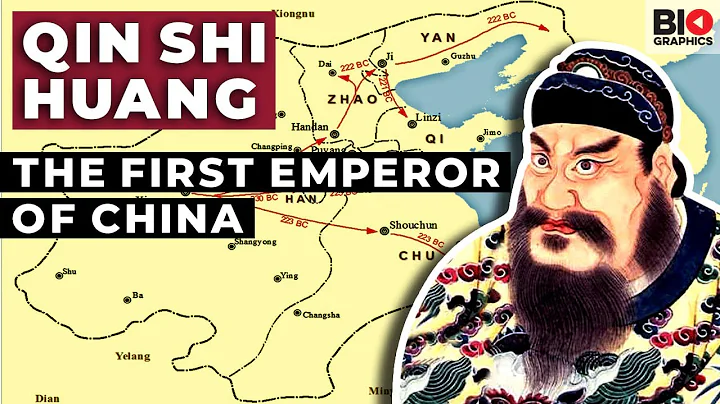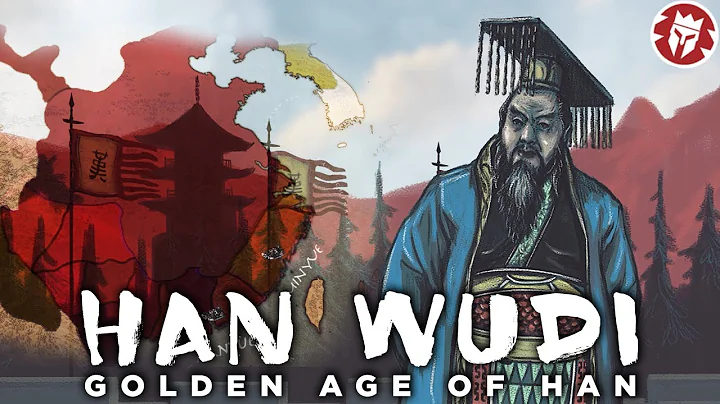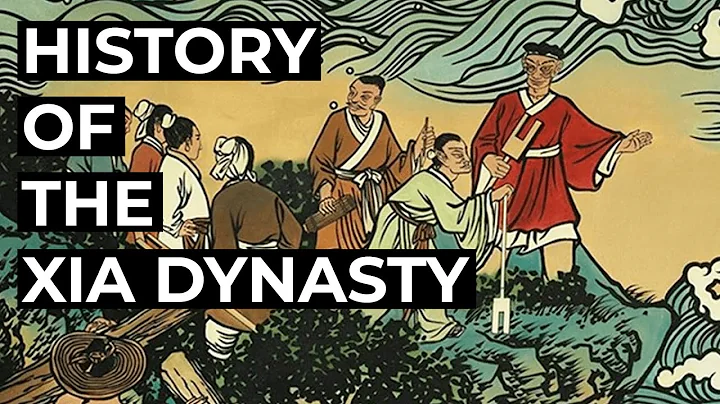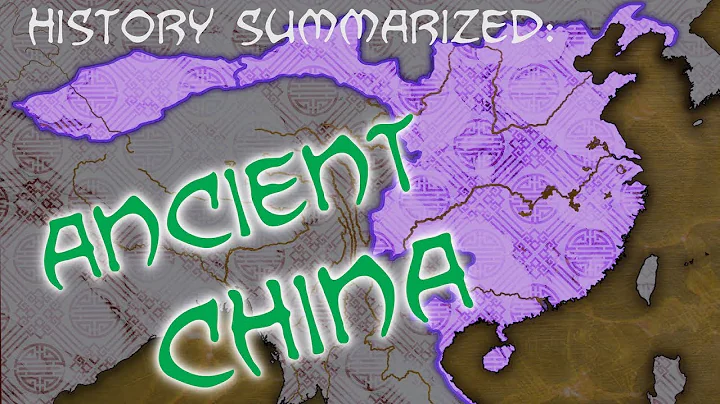Xiao He, born in Peixian County, Jiangsu Province, China, died in 193 BC, consultant, helped Liu Bang establish the Han Dynasty of China (206 BC to 220 BC), and served as his chief minister. Xiao served as the secretary of the Pei County government in the late Qin Dynasty (221-207 BC). He formed an indissoluble bond with Liu Bang early on, became Liu Bang's close friend, and served as Liu Bang's advisor when he participated in the rebellion that overthrew the Qin Dynasty in 207-206 BC. When Liu Bei 's rebel army occupied Qin's capital Xianyang , Xiao obtained Liu Bei's official documents. The records and maps of these documents were of great help in Liu Bei's confrontation with Xiang Yu, the leader of the rebel army. After the fall of the Qin Dynasty, Xiang Yu gave Liu Bang control of Sichuan and southern Shaanxi in western China . Xiao was assigned to manage these rear areas, beginning a final power struggle that ended with Xiang Yu's suicide in 202. The Han Dynasty was established under the leadership of Liu Bang, who was henceforth known as Emperor Gaozu.

Xiao He
Xiao suggested moving the capital to Chang'an (near today's Xi'an) and drafted a code for the new Han Dynasty, which had a great influence on subsequent legislators. When Gaozu's former generals challenged his authority, Xiao once again advised Gaozu and eliminated these warlords one by one. With the unification of the empire, Emperor Gaozu officially appointed Xiao as the chief minister of the Han Dynasty. Xiao He was older than Liu Bang, and there were storytelling There were seven sworn brothers among Pei people. Xiao He was the eldest, followed by Liu Bang. The following are Cao Shen, Fan Kuai, Xia Houying, Zhou Bo, Zhou Chang, It's not believable, but it's reasonable. Xiao He's official position was once higher than that of Liu Bang. This is clearly recorded in "Historical Records ". Liu Bang could become the pavilion chief thanks to Xiao He's recommendation and promotion, and Xiao He was still there to protect him when he committed crimes. Not only was he older and higher in rank, but from the perspective of his behavior, Xiao He was more elderly than Liu Bang, and he had every reason to look down on Liu Bang. However, since the rebellion, Liu Bang became Peigong , and the two reversed course. From then on, Xiao He regarded Liu Bang as his king and accepted himself as his minister. Xiao He loyally assisted Liu Bang and strictly followed the distinction between superiors and subordinates. "The emperor and his ministers" ran through the life-long relationship between the two. In the end, Liu Bang "collapsed" and Xiao He "died".

Han Xin
In 196 BC, Han Xin, one of the three heroes of the early Han Dynasty, died in Chang'an. The person who killed him was Queen Lu Pheasant . It is said that Han Xin died in a very special way. Xiao He called him to Chang'an. He was hung on a bell and then stabbed into a sieve by a group of palace maids holding sharpened bamboos. Han Xin made great contributions in the Chu-Han struggle for hegemony. Liu Bang once swore that he would never die if he saw the sky, the earth, or weapons. Either he killed Han Xin in violation of his oath, covered his body with a bell mask, even if he did not see the sky, hung him up with his feet in the air, even if he did not see the ground, and wounded him to death with a sharp bamboo, it was not considered the use of a weapon. Lu Pheasant was unique in Han Xin's death method in order to preserve Liu Bang's reputation and not violate the life and death promise between the monarch and his ministers. However, Liu Bang had long wanted to go back on his promise not to kill Han Xin. He knew that Han Xin's talents were a great security risk to him, and he had long wanted to get rid of him to clear the way for his own empire. In fact, in his interactions with the Han Empire and Liu Bang, Han Xin had been wandering on the edge of life and death in various ways throughout his life.

Liu Bang Xiao He
Xiao He did not want to kill Han Xin, but Liu Bang had already acquiesced. If he did not kill Liu Bang, he would immediately suspect that he and Han Xin were rebelling together, so Xiao He could not help himself. Only in this way could he save his life. Throughout the entire Western Han Dynasty In the nearly 300 years of , Xiao He was a legendary figure second only to Liu Bang.





















